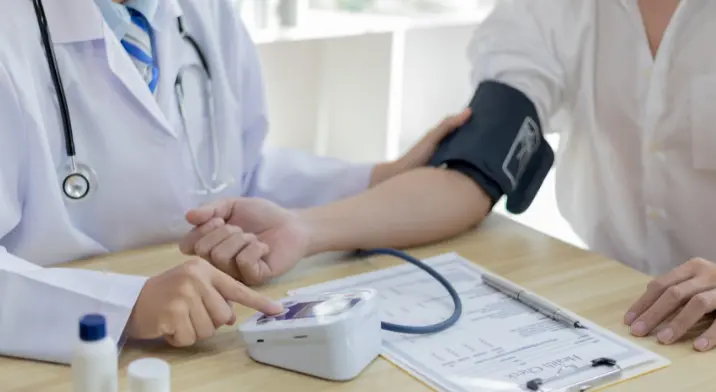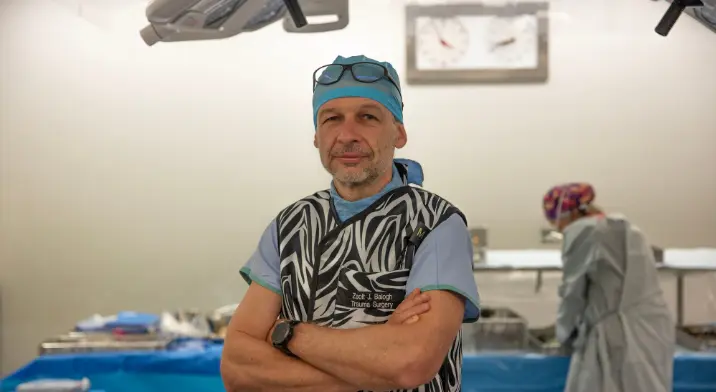Dr Allison Boyes is a behavioural scientist whose research focuses on generating new knowledge to improve the wellbeing of people affected by chronic diseases such as cancer, dementia, and mental ill health.
Allison is a Senior Research Academic at the University of Newcastle and Senior Research and Engagement Partner at the NSW Regional Cancer Research Network.
Dr Boyes has expertise in developing robust measures of patient reported outcomes; undertaking large-scale studies describing patients’ experiences of care; and testing whether interventions improve patient wellbeing.
Prior to her academic career, Dr Boyes held cancer-related policy and evaluation roles in government and non-government sectors.













